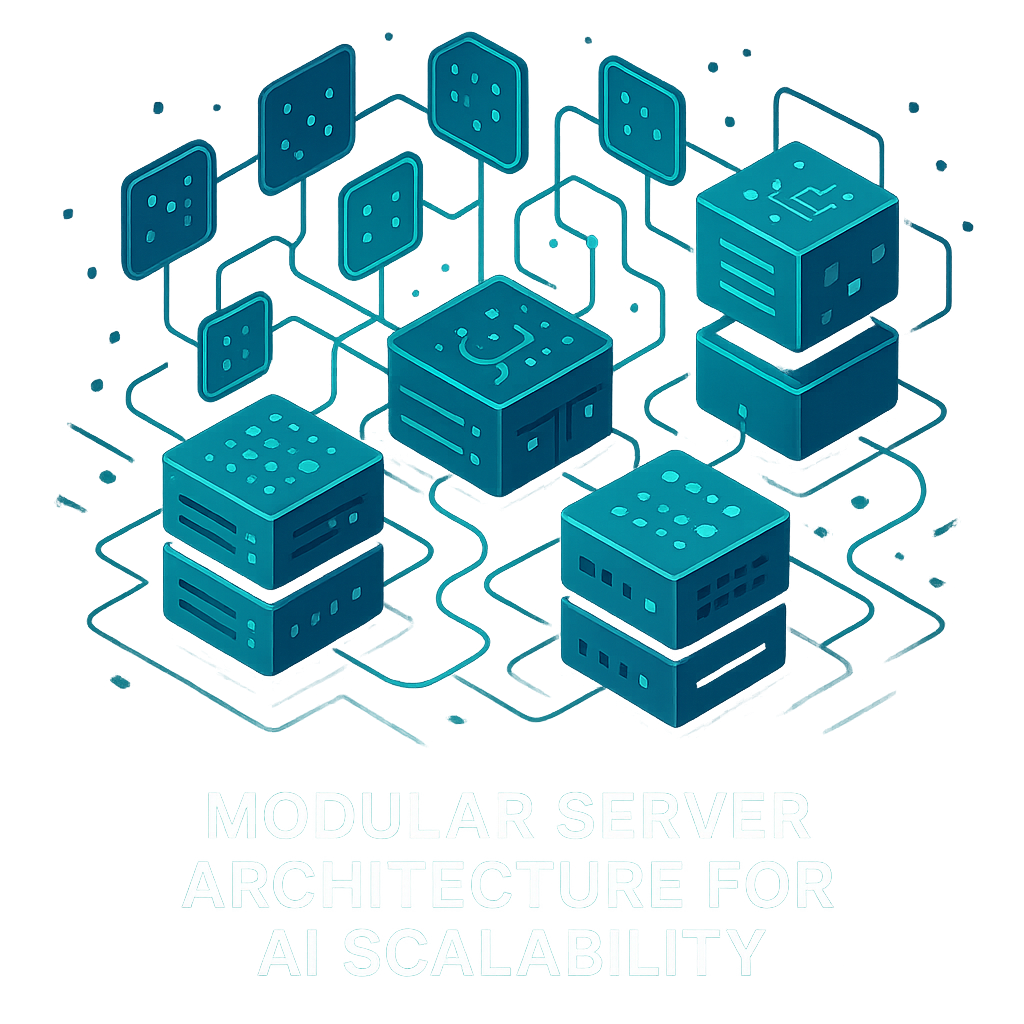The Complete Guide to Choosing the Right Custom Software Development Partner

Introduction
Choosing the right custom software development partner can make or break your digital transformation journey. From understanding your vision to translating it into scalable, secure code, your partner should act not just as a vendor, but as a long-term strategic ally.
In today’s tech-driven world, where application development in cloud computing, applied AI, and agile methodologies dominate, your software partner must bring both domain expertise and a problem-solving mindset.
Here’s everything you need to know to make the right choice.
Why Choosing the Right Partner Matters
Custom software isn’t a plug-and-play purchase. It’s a tailored solution that directly impacts your operations, your customers, and your ability to grow.
The wrong partner can result in:
- Missed deadlines and bloated budgets
- Misaligned product goals
- Difficult handoffs and poor documentation
- Security risks or non-compliant infrastructure
The right partner, however, will:
- Align technology with your business objectives
- Build scalable systems using best practices
- Provide proactive guidance on innovation, like applied AI and DevOps
- Offer long-term support and collaboration
Key Criteria When Evaluating Custom Software Partners
1. Technical Capabilities
Your partner must have hands-on experience with:
- Modern frameworks and languages
- Full-stack
- infrastructure (AWS, GCP, Azure)
- AI integration via applied AI companies or platforms
If your project involves advanced research or automation, look for experience in areas touched upon in an artificial general intelligence book—especially problem modeling, decision systems, and explainability.
2. Industry and Domain Expertise
Not every dev team understands the compliance, workflows, and customer demands of your industry. Look for partners with:
- Case studies in your vertical
- Success stories involving Canada IT consulting firms
- Familiarity with regulatory requirements
Whether you need fintech tools, medtech dashboards, or supply chain platforms, deep domain insight is a force multiplier.
3. Alignment on Process and Communication
Your partner should integrate seamlessly into your workflow. Ask:
- Do they follow Agile or Scrum?
- What project management tools do they use (Jira, Asana, ClickUp)?
- How do they handle updates, blockers, and reporting?
Good partners communicate proactively and adapt to your internal rhythm.
4. Cloud and Infrastructure Maturity
With application development in cloud computing now the norm, your partner must:
- Build cloud-native, containerized applications
- Use CI/CD pipelines for reliable deployments
- Offer monitoring, logging, and auto-scaling post-launch
Bonus if they offer hybrid or multi-cloud strategies.
5. AI-Readiness
If your product leverages machine learning, recommendation engines, or process automation:
- Ask about experience with applied AI and platforms like TensorFlow or OpenAI
- Look for a history of collaboration with an applied AI company
- Assess their knowledge of data pipelines, annotation, and model training
AI isn’t just a buzzword—it’s a core competency for modern platforms.


Red Flags to Watch Out For
- Vague timelines or pricing structures
- Lack of documentation or QA process
- No clear post-launch support plan
- Overemphasis on tech without understanding business goals
- Limited client references or outdated portfolios
Questions to Ask in Your Evaluation
- What is your process from discovery to delivery?
- Can you share a project that combined cloud development and operations with AI?
- How do you handle scope changes or missed deadlines?
- Who will be on our core team, and how are they selected?
- What happens after the product goes live?
Partnering for the Long Run
Custom software isn’t a one-off engagement. As your business grows, you’ll need:
- New features
- Security patches
- Performance optimizations
- Architecture upgrades
A reliable development partner plans for this and grows with you. The best partners even help explore long-term roadmaps, advise on emerging technologies, and offer CTO-level insight.
Real-World Example
A Canadian logistics firm needed a route optimization platform powered by real-time data. After reviewing five Canada IT consulting firms, they chose a team that combined:
- Deep knowledge of application development in cloud computing
- Experience working with geolocation data
- Past success integrating applied AI for dynamic decision-making
Within 6 months, the firm reduced route planning time by 60% and saved thousands in fuel costs.
Final Thoughts
Choosing the right custom software development partner is about more than capability. It’s about trust, collaboration, and strategic alignment.
Look for teams that not only write great code but understand your mission. Whether your vision is inspired by the ambition of an artificial general intelligence book or grounded in day-to-day operational needs, the right partner will meet you where you are—and take you where you want to go.
Need help choosing a trusted software partner? Let’s talk.
Written by The Ninja Studio – Your partner in product thinking, code, and transformation.

%201.png)


.svg)




.svg)
